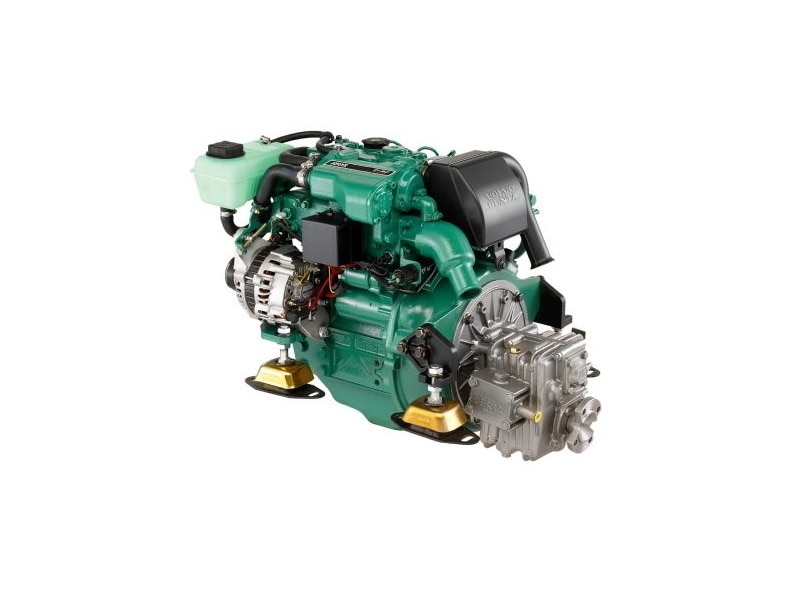
#Industry News
How to stop a marine diesel engine properly
It might seem like a simple process, but it is worth understanding the mechanics behind how you stop a marine diesel engine says Callum Smedley
When you stop a marine diesel engine it is by cutting off the fuel at, or in, the fuel injection pump – not before it. This is achieved in two ways: either by movement of the fuel control rack to its cut-off position, for single and inline helix pumps; or by shutting off the supply of fuel, inside the pump, often by the use of a solenoid valve, which can be found in rotary fuel pumps.
The fuel cut-off can be operated by one of two methods. Mechanically – usually via a cable and pull handle. Or electrically – using a solenoid operated by either the ignition key or a stop button.
The lever, which is moved by either of the above methods, moves the fuel rack to zero on single and inline fuel pumps or it shuts the fuel supply off inside a rotary fuel pump. The injectors are starved of fuel and the engine stops.
Solenoid stopping
An important note on solenoids: on a marine engine, with an inline fuel pump, the electrical stop solenoid is normally powered to stop. It doesn’t need a 12V supply to keep the engine running. Whereas on an engine that has a rotary fuel pump, the solenoid is powered while the engine is running. This in turn holds the fuel supply valve open on the fuel pump.
When power is removed the valve is shut, so that it acts the same as rotating the fuel racks to zero. This is why it is such a good idea to have a look at the manufacturer’s handbook before deciding whether your engine is broken or not. The fuel pump could just be in the stop position and any amount of cranking and cold starting aids won’t make any difference.
Starvation stopping
It is also possible that there could be a problem with the above arrangements, where the engine is getting a fuel supply that it shouldn’t be, such as burning lubricating oil, or that there is a fire. In an emergency or failure of the stop system an engine can be stopped by starving it of air or by starving it of fuel. To starve an engine of air, you will have to block off the engine’s air intake: a waterproof jacket will do the job nicely.
In the case of fuel, the fuel isolating valve on the outlet of the tank should be shut.
